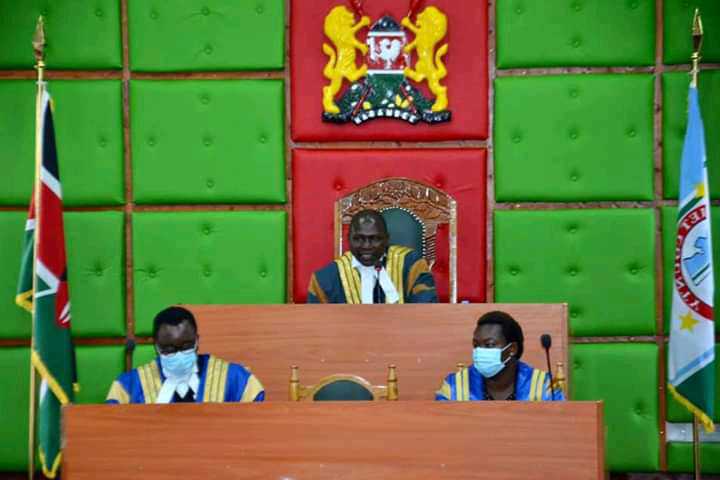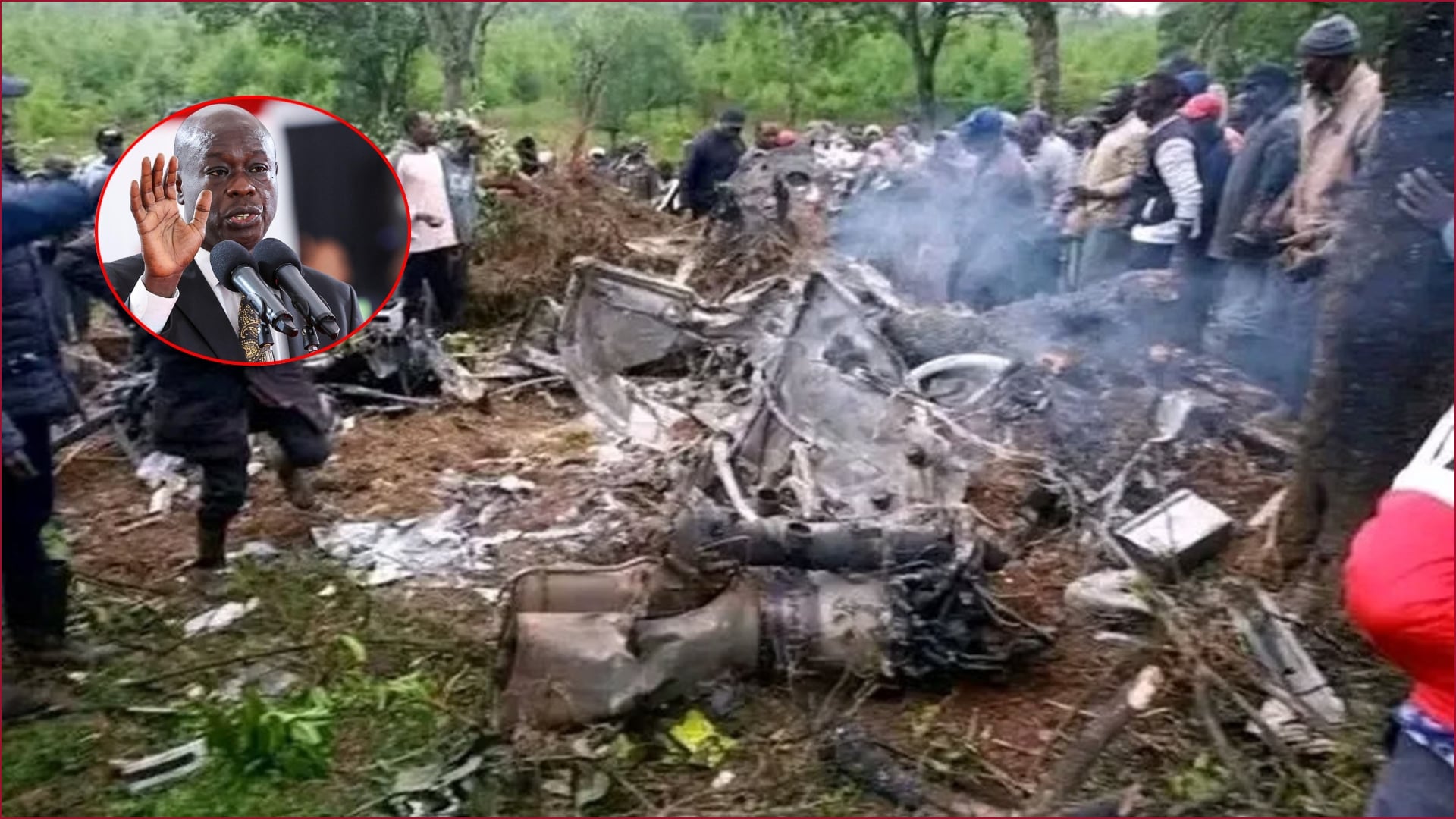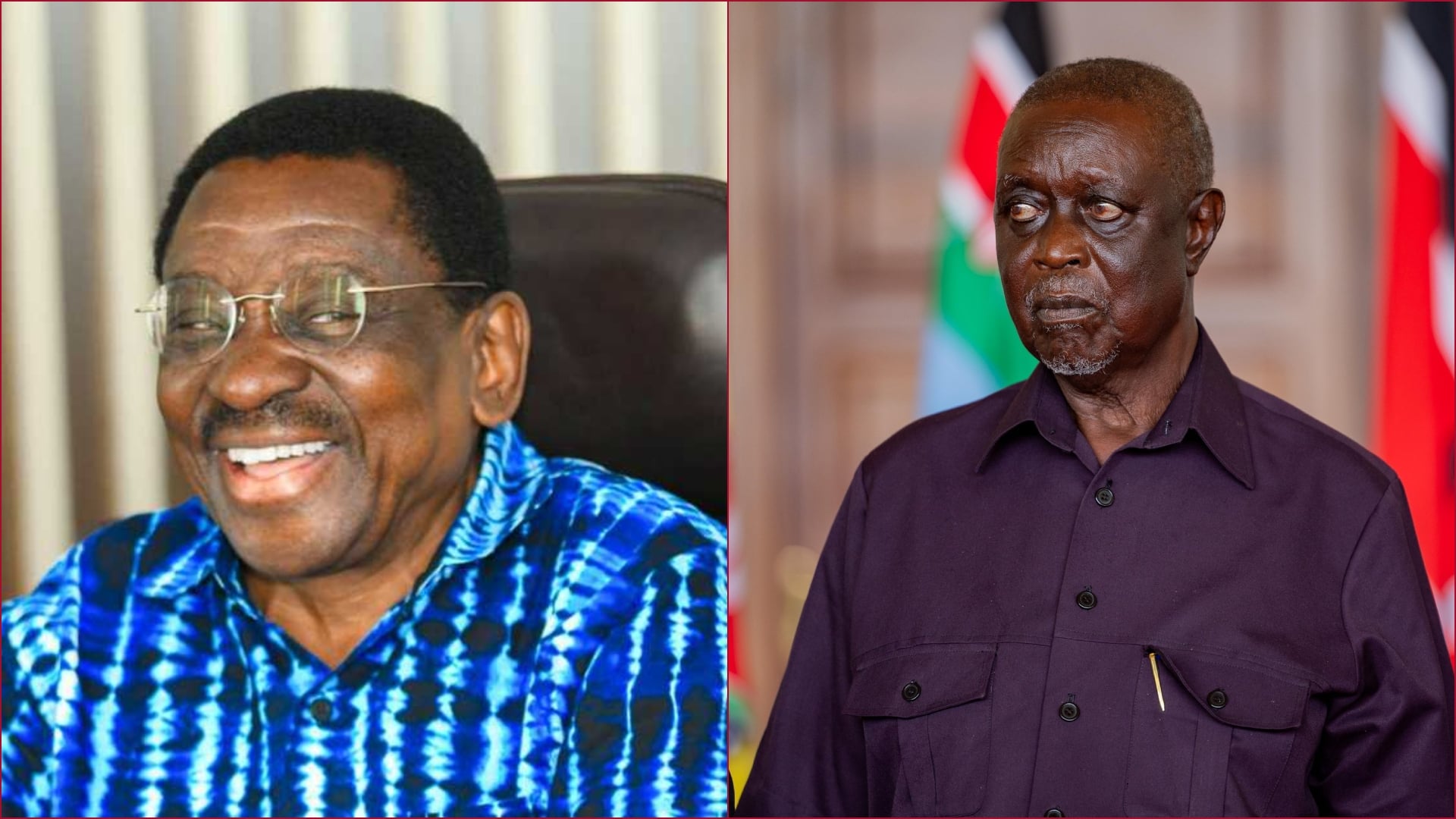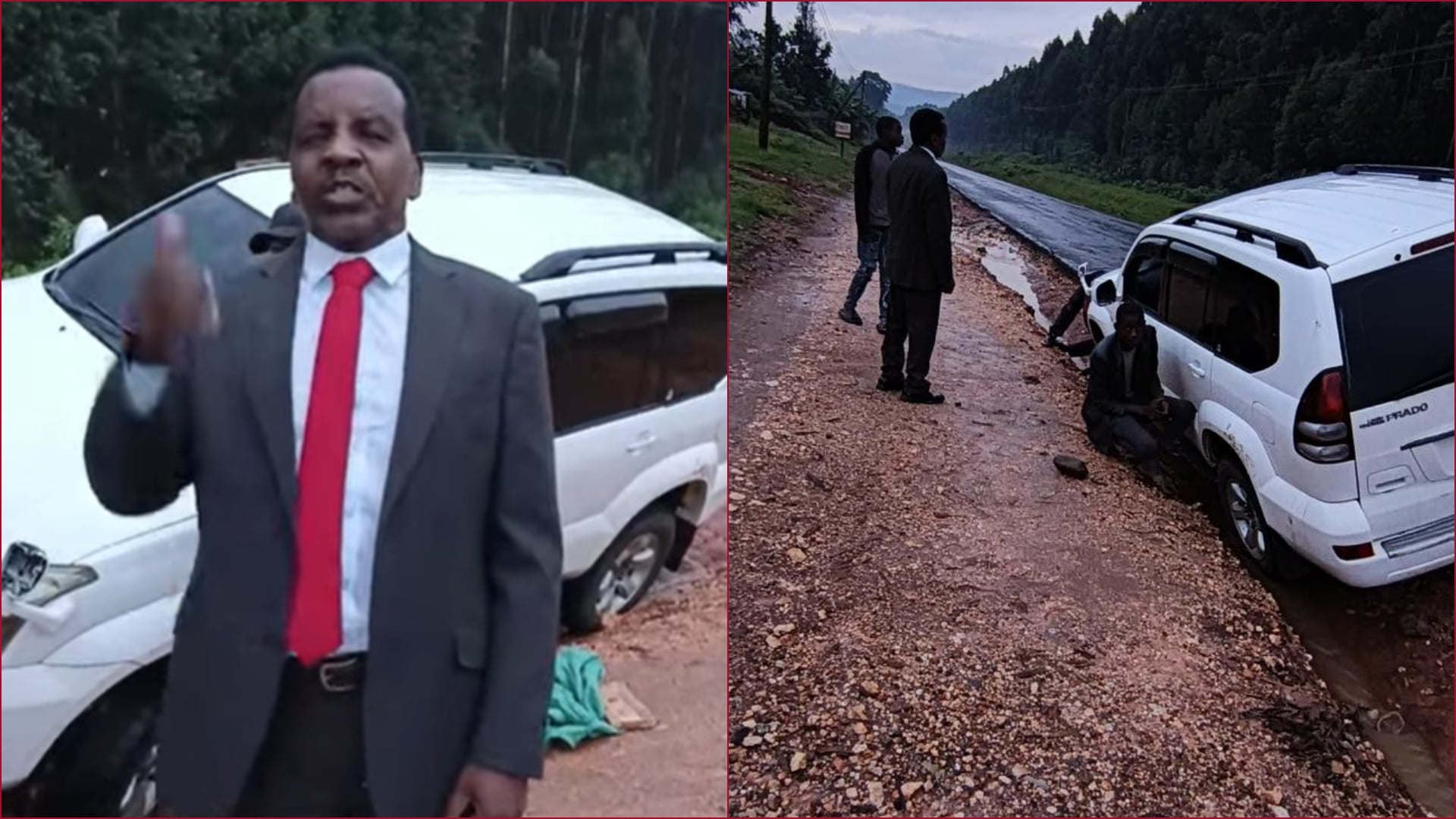Members of the Bomet County Assembly have caused a public outcry after a video of them conducting house business in Kalenjin emerged.
It has since emerged that the video clip was from a meeting of the members of the assembly’s Committee on Lands, Housing and Urban planning.
Reports indicate that the County Assembly committee was meeting a group of elderly men and women from Chepchabas in Konoin, Bomet County who were displaced from their lands by white settlers.
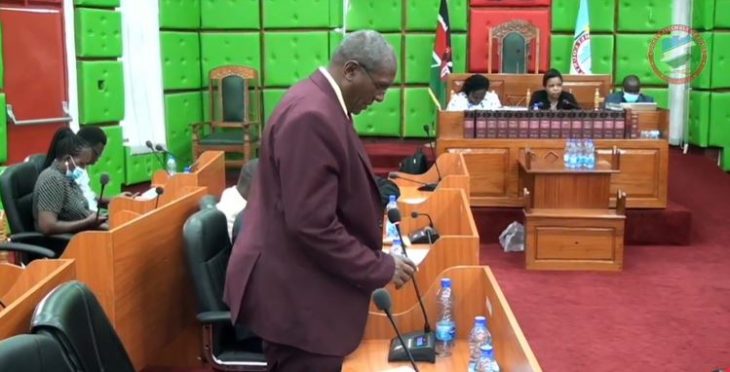
Members of the Bomet County Assembly. |Photo| Courtesy|
During the meeting, it is alleged that one of the representatives suggested that the matter at hand was a weighty issue and was not worth discussing using the "oppressor's" language.
The clip has since elicited mixed reactions from members of the public.
A section of netizens defended the lawmakers, arguing that they have the right to use any language they please in the house meetings as long as they keep it civil and professional.
Meanwhile, another section castigated the MCAs for using their local dialect, arguing that they should only be able to discuss in Kiswahili or English.
In 2011, then Maragua Member of Parliament Elias Mbau tabled a bill before the National Assembly that sought to bar public servants from conversing in vernacular at their respective places of work.
The motion as fronted by Mbau was termed as 'unconstitutional' as the Constitution of Kenya already stipulated that Kiswahili and English are the official languages.
The Public Service Ministry then, through its then assistant minister Aden Sugow, opposed the motion terming it as impractical.
“It is very difficult for the Ministry to infringe on the rights of civil servants. It is difficult to implement that. It is hard to punish workers for speaking vernacular,” Sugow said.
